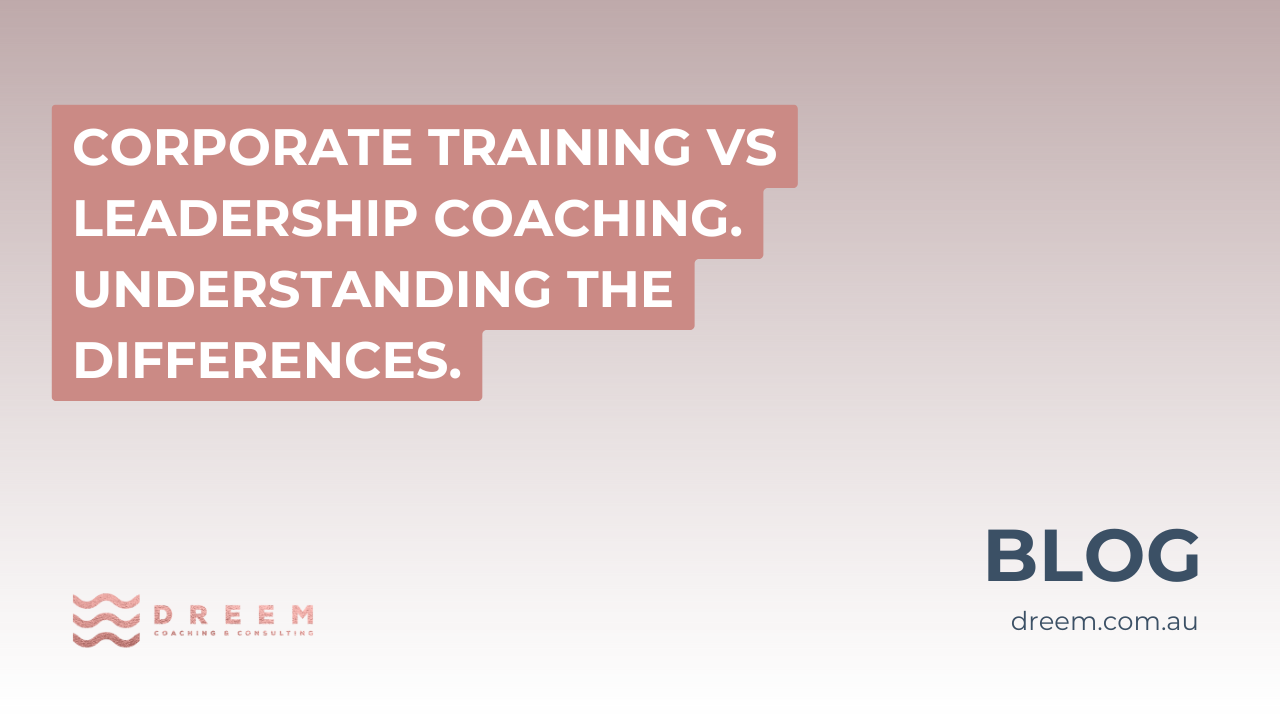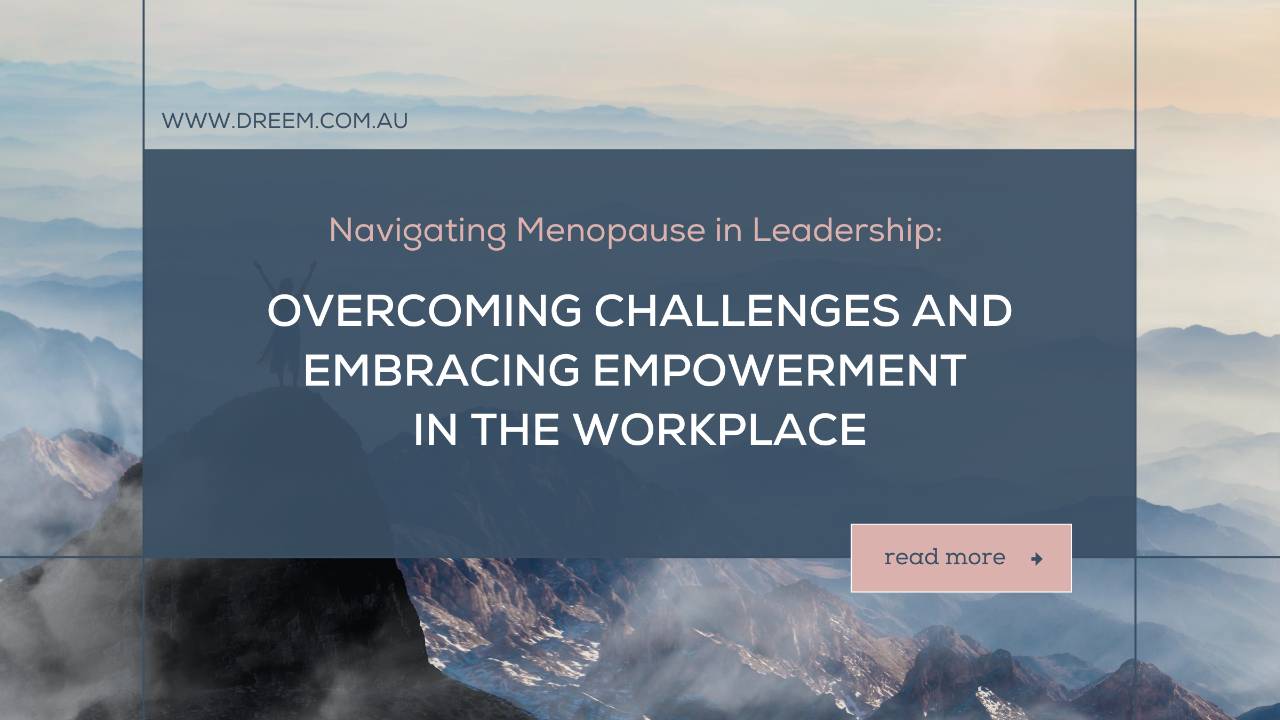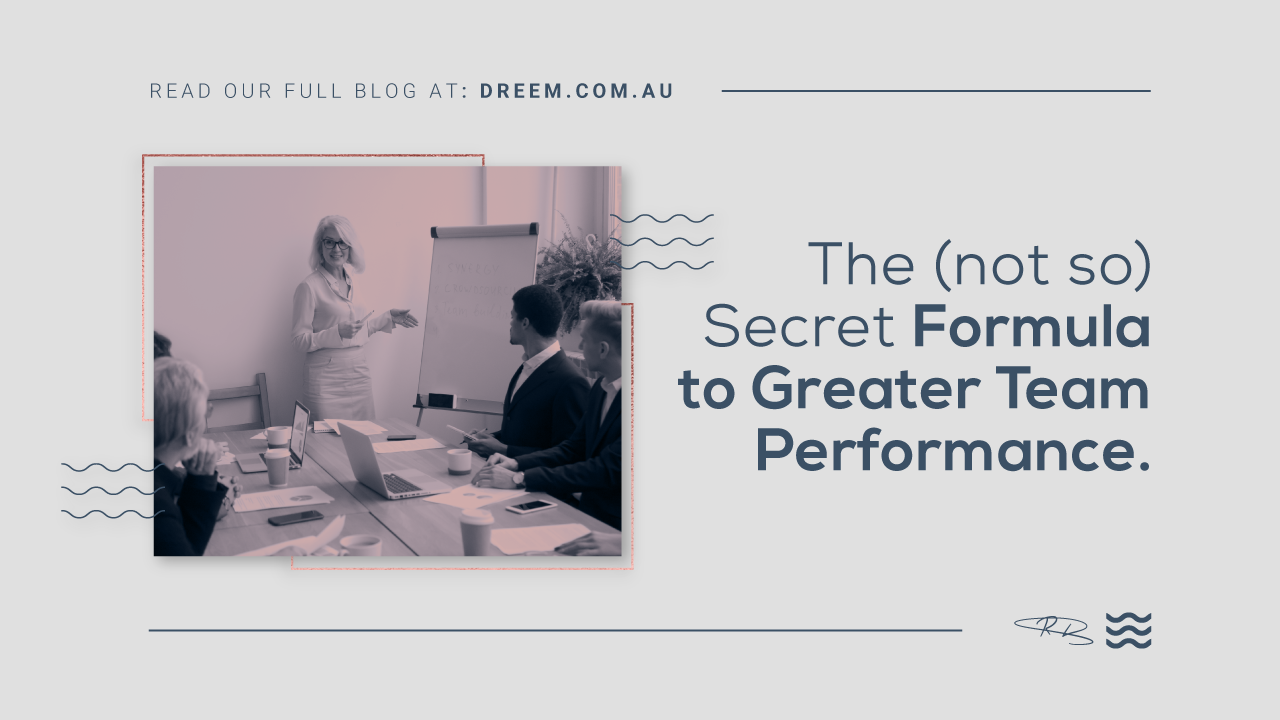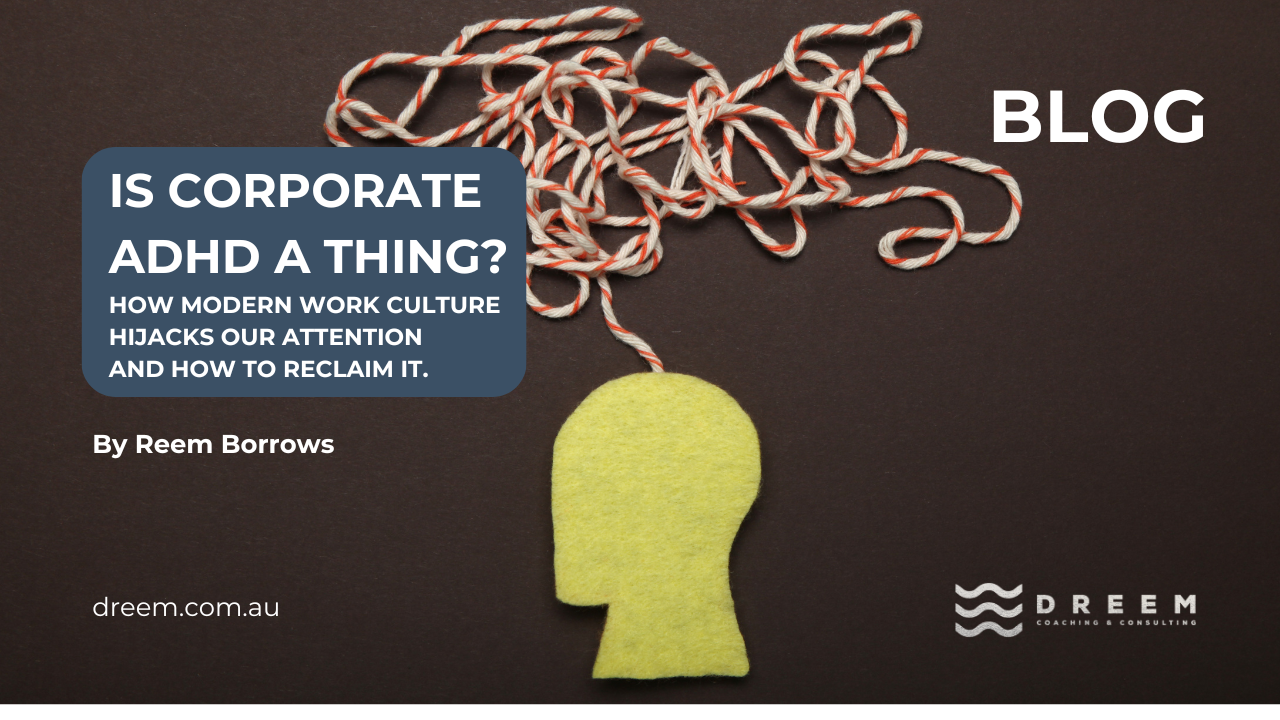THE BLOG
In high-pressure leadership environments, a quiet dynamic persists that continues to limit performance across organisations. It is not a lack of intelligence, ambition, or capability. It is what many ...
Corporate Training vs Leadership Coaching
Understanding the differences and how each supports organisational performance
Organisations often invest in leadership development, but many leaders are un...
What Is Corporate Training and Why Does It Matter
How capability investment supports performance and measurable outcomes
Corporate training plays a practical role in how organisations perform. When ...
The Quality of Your Questions: A Framework for High-Impact Leadership and Growth
The gap between leaders who consistently achieve clarity and those who remain stuck in survival mode (the hamster whee...
The 3-Point Agenda: The Antidote to “Decision by Committee” and Inefficient Meetings
Business stagnation rarely announces itself loudly. More often, it hides behind full calendars, back-to-back meeti...
What Is Workplace Toxicity and Why It Persists
Workplace toxicity is a widespread issue that can wreak havoc on employee morale and team dynamics. You have likely come face-to-face with toxic behavio...
What Is Menopause and Why Does It Matter in Leadership
Menopause is a natural phase of life experienced by every single woman, which can bring about profound hormonal changes. While often seen as a p...
The (not so) Secret Formula to Greater Team Performance
Why Team Performance Always Reflects Leadership Strategy
In organisations of all sizes, team performance is rarely a capability issue; it is a...
Every person communicates through a lens, an internal filter shaped by beliefs, experiences, and assumptions. Most of the time, this lens operates outside our awareness, yet it influences everything: ...
The Four Colours of High-Performing Teams: Using Insights Discovery to Strengthen Leadership Impact
Even the most capable teams can struggle when communication styles clash or when leaders misread wh...
Busy, Blurry and Burnt Out? Maybe It’s Time to Do Things Differently
Let’s call it out…
Most of us are juggling far more than we care to admit. Kids, work, parents, WhatsApp messages, emails, late-n...
If there is one blog you read today that could truly change your results for the better, let it be this one.
But promise yourself something. Do not just read it and carry on with your day. Read it. L...









